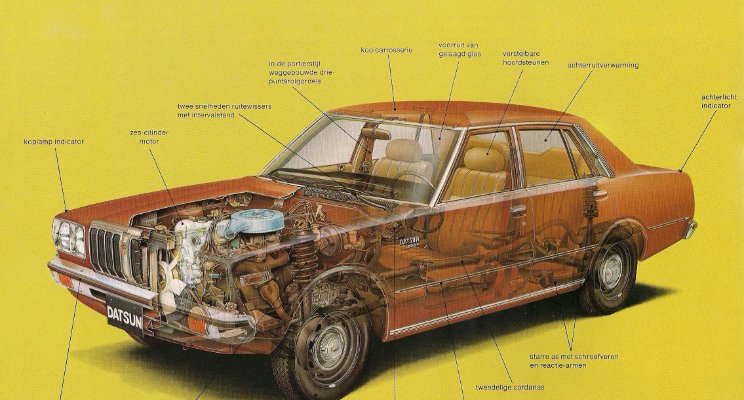It goes without saying that your car is not an engine, but I am saying it anyways. Why? Because I’m not talking about a car, I’m talking about business, your business, my business, anyone’s business. (In reality I’m also talking about your car.)
I’ll say it again, your car is not an engine. It has an engine; in fact you could argue that the engine is the most important part. Your car however also has brakes, wheels, transmission, johnson rods*, and with any luck heated seats. What does this have to do with business? It’s simple: your engineering company is not just engineers, your financial firm is not just analysts, your cupcake store is not just bakers. This may also seem obvious, but all too often businesses fail to recognize this reality, or at least to understand it.
Lets get back to the aforementioned car. At a certain reductive level you can argue that your engine makes your car “go”, and your brakes make it “stop”. While this is true, your car’s job isn’t to to just “go” it is to get you to your destination quickly and safely. Your engine doesn’t fight your brakes, your car needs all of its components to get you from point A to point B. This is true of your business as well. Your business is not your sales team, nor is it your machinery or front-line staff. In order for your business to succeed all of its components must work in unison.
Why have I ventured back into the realm of the obvious? Because too many businesses fail to treat their shared services functions as they would a car. Each and every part of the business has a role to play, and too many organizations fail to recognize this. I see this as particularly true of HR and recruitment functions; they are seen as costs or burdens, the “brakes” of the vehicle. Too many organizations see (and run) their recruitment functions as cheaply as possible, or without proper oversight or governance, and the result is poor hires, high turnover, unnecessary costs, or high vacancy rates. The challenge facing organizations is understanding the role that recruitment plays and measuring the value of their performance. The first step is in recognizing that they are a vital part of your business, and like your sales staff, ‘producers’, management, finance, etc., are necessary for your business to succeed.
I know I’m speaking largely in generalities and metaphors, but it’s late and I’m tired, so I’m going to close with one more: You may not care about the state of your brakes, but when you slam on them when driving on the highway, you sure as hell hope they’re in good shape. This begs the question; when your business is barreling towards a crisis, are you going to close your eyes and prey that your HR and recruitment services are up to the task; or are you going to start tuning them up now?
This was cross-posted from something I published on LinkedIN last year.
